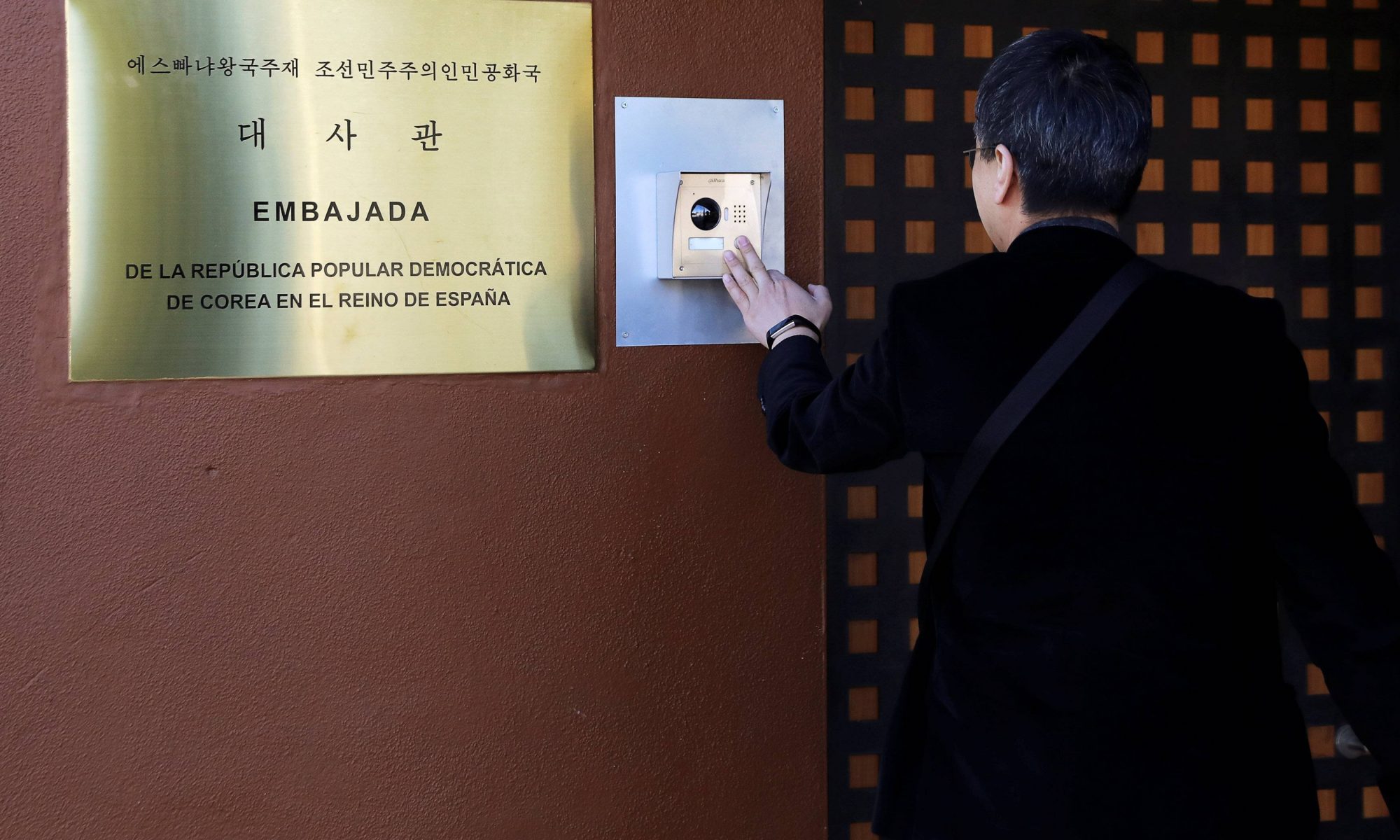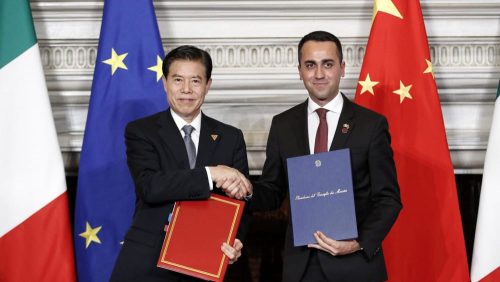The year was 1971. It was August 15th, a quiet Sunday summer’s eve, and millions of Americans were tuned in to the latest episode of Bonanza, the longest running TV westerrn series in the US. Hoss was still with us, but would pass on the following year. There were nationwide protests growing against the Vietnam war. The nation was still reeling from the Kent State shootings a year before, and the Pentagon Papers had just been leaked two months before. I had my mind occupied with electronic circuitry, high school and how to get my fingers to work on my latest discovery, the guitar fretboard. Yes, it was a quiet evening, and then this happened… Continue reading “Nixon: Bye bye Miss American Pie”
Dark days for journalism
- Assange’s chart
- Reaction
- Why it happened
- What is to come
- What has he really done?
- Implications
- Blowback
- Is there hope?
Today, on 11 Apr 19, Julian Assange was dragged from the Ecuadorian embassy in London, after having had asylum there for the past 7 years, arrested, and will in all likelihood be extradited to the United States to face a Grand Jury on charges of conspiring to commit computer intrusion. That could change. This happened in broad daylight at around 10:30 in the morning. The Russian news organization RT was on hand to record the entire event. Interest in his personal behavior aside, this is a dark day for journalism, worldwide, and also a sad indictment of international relations, which we will get to. Continue reading “Dark days for journalism”
Another shining moment in US foreign policy
On Monday, 8 Apr 2019, Mike Pompeo announced that the Iranian Republican Guard and Quds forces would be designated as terrorist organizations. These groups are part of the legitimate government of Iran, regardless of how one might feel about them. In effect, then, he has labeled the entire government as a terrorist organization, with severe sanctions to follow, starting on 15 April. What follows will be a good demonstration of how a chart for an administration works. John Bolton strikes again. Continue reading “Another shining moment in US foreign policy”
The great Korean embassy heist
This is a follow-on article from the recent Kim/Trump summit in Hanoi, which you may want to read first if you have not. This becomes a rather interesting story of cloak and dagger when we look at the events leading up to the summit. On 22 Feb 19 a gang of 10 thugs raided the North Korean embassy in Madrid, Spain. This was five days before the summit in Hanoi. As the story now reads, the talks were subsequently torpedoed by Bolton and Pompeo, probably based in information gained from the raid on the embassy. Continue reading “The great Korean embassy heist”
The emerging situation in Europe
Just when we thought things were getting interesting in the Middle East, just when we thought Brexit was going to happen/not happen – who knows any more – the Italians have come along and given us something else to talk about. On the 23rd of March they went ahead and did the unthinkable, at least in the eyes of Washington and the head honchos in Brussels – they became the first G7 country to join China’s Belt and Road Initiative. Washington is not happy. Macron is aghast, as are many in Brussels. Secretly, other European states are looking at it and going, “Why not?” The Germans and the French are probably jealous. I had forecast before that big challenges were coming for Europe, meaning the EU, and it was not just about Brexit. I, for one, think the EU will survive. But there will be very significant changes in its structure. Continue reading “The emerging situation in Europe”
The verdict is in: It was divine intervention.
The Mueller report is finally out. The long-awaited results of the two-year-long special investigation into whether or not the Trump campaign colluded with Russian entities to influence the outcome of the 2016 election has revealed……not that much so far. Except that Trump is innocent of any criminal wrongdoing. That does not mean he is off the hook for other matters, and the Democrats are still likely to pursue those other matters relentlessly. Continue reading “The verdict is in: It was divine intervention.”
The emerging situation in the Middle East
This follows on from a previous post. In the morning of 25 Mar 19 a missile was launched from Gaza and landed on a private home in the Moshav Mishmeret in Israel (chart). The Israelis claimed that Hamas had ordered the attack and responded with force, bombing sites in Gaza in retaliation. Hamas claimed the launch was a mistake, the result maybe of a lightning strike or some such. Regardless, the Israeli response as usual was to launch air strikes against the suspected site of the launch and other strategic targets. Continue reading “The emerging situation in the Middle East”
Ixion: divine comedy, Greek tragedy or just plain madness?
Part of my work in recent years has involved tracking the newly-discovered dwarf planets through the horoscope and seeing what meanings they carry for us. The last article on Ceres follows on from that work. All of the other dwarf planets, at least to our current understanding of them, lie outside the orbit of Neptune. And as it turns out, a great many of them are related to Neptune via their orbits by their orbital resonance with Neptune.
Pluto is one such dwarf planet that ‘resonates’ with Neptune, and Ixion is another. In fact, there are at least eight planets of the small variety (some people don’t like the term ‘dwarf’) that fall into the same category as Pluto. I call them ‘plutinos’. Continue reading “Ixion: divine comedy, Greek tragedy or just plain madness?”
Ceres, the UK and life at the crossroads
There is more to the little world Ceres than meets the eye, both astronomically and astrologically considered. Ceres was long considered to be the largest asteroid in the main asteroid belt, between Mars and Jupiter. But now evidence is emerging that little Ceres may not be an asteroid at all, and also that her origins may have lain farther out in the solar system than her current home – much farther out. And as it turns out, Ceres has more in common with Pluto than simply her mythology. The ancients knew more about the worlds that orbit our sun than they let on. Continue reading “Ceres, the UK and life at the crossroads”
The Saturn/Pluto conjunction and the shape of things to come
Recent events have brought up consideration of a rare conjunction of two of the ‘heavy hitters’ in astrology and planetary lore – Saturn and Pluto. OK, so the conjunction of the two is not rare at all, taking place roughly every thirty years, but their conjunction in Capricorn only takes place centuries apart, hence its rarity. So, with the first conjunction coming at the start of next year, it will mark big and fundamental shifts in the world, as we will see in the paragraphs to follow. Continue reading “The Saturn/Pluto conjunction and the shape of things to come”










